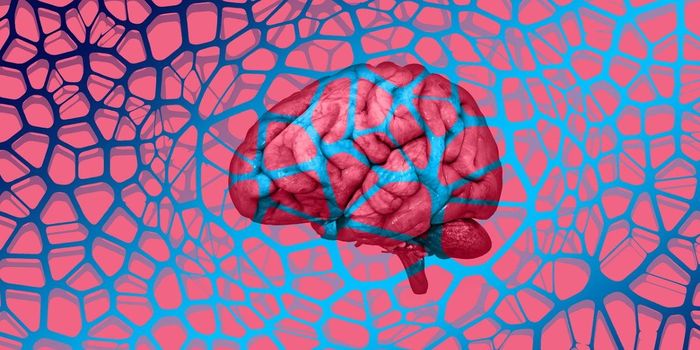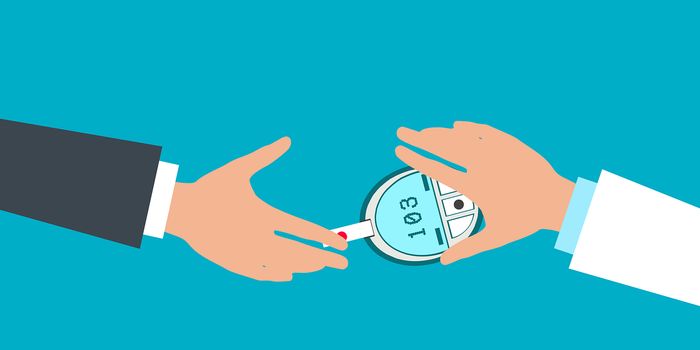New Weight Loss Drug Converts Energy-Storing Fat into Energy-Burning Fat
According to the World Health Organization (WHO), in 2016, around 2 billion adults around the world were overweight, of which 650 million were obese. Both conditions are linked to other ailments like diabetes, cardiovascular disease, and some cancers. Now, researchers have created a drug that may help fight excess weight gain.
Drugs to tackle obesity are not new. There are currently several drugs available on the market that work by suppressing appetite via affecting the central nervous system. As many of these drugs have significant psychiatric and cardiovascular side effects, however, over 80% have been withdrawn from the market.
The new drug proposed by the researchers works differently. Rather than targeting the brain like pre-existing medications, their new drug targets fat tissues directly and does not cross the blood-brain barrier.
"The Y1 receptor acts as a 'brake' for heat generation in the body. In our study, we found that blocking this receptor in fat tissues transformed the 'energy-storing' fat into 'energy-burning' fat, which switched on heat production and reduced weight gain," says Dr Yan-Chuan Shi, co-author of the research.
For the study, the researchers investigated Y1 receptors. They are controlled by the molecule NPY, which is released in the body when it undergoes starvation to help reduce energy expenditure and increase fat storage. The researchers found that obese individuals tend to produce higher quantities of Y1 receptors in their fat tissue than those who are not obese.
The researchers used a mouse model to test the new treatment. They found that mice administered with the drug, known as BIB03304, who were fed a high-fat diet gained 40% less body weight over seven weeks than mice on the high-fat diet alone.
The researchers also administered the drug to human fat cells isolated from obese individuals. They found that these cells reacted in the same way as those in mice also treated with the drug. This, say the researchers, suggest that targeting the Y1 pathway may increase fat metabolism in humans, and thus reduce weight gain.
"Our study is crucial evidence that blocking Y1 receptors in peripheral tissues without affecting the central nervous system is effective at preventing obesity by increasing energy expenditure. It reveals a new therapeutic approach that is potentially safer than current medications that target appetite," says Professor Herbert Herzog, co-senior author of the paper.
"Our team and other groups have revealed further potential benefits in targeting the NPY-Y1 receptor system, including the stimulation of bone cell growth, and improvement in cardiovascular function and insulin resistance. We hope that the publication of our findings will lead to increased interest for exploring BIBO3304 and related agents as potential treatments for obesity and other health conditions."
Sources: EurekAlert, Nature Communications









